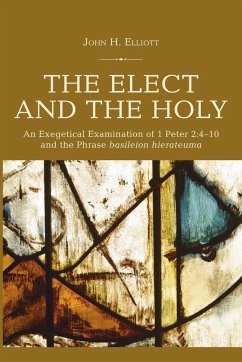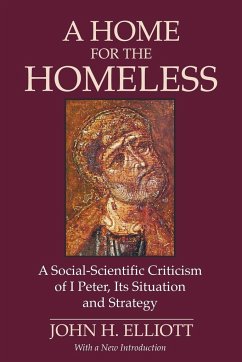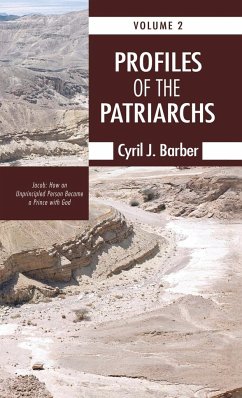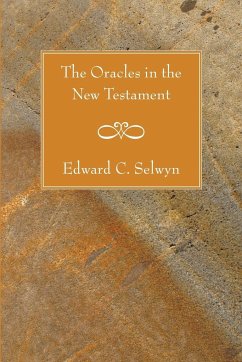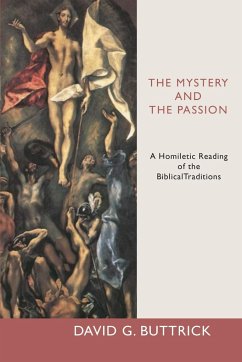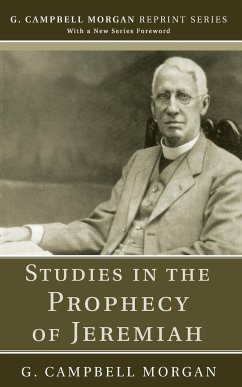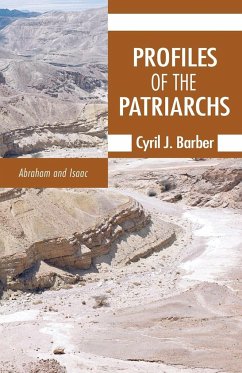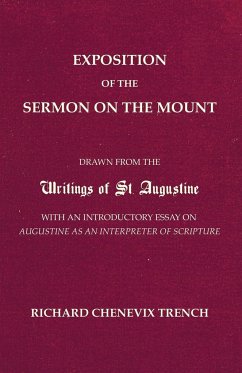To avoid these pitfalls [of unsupported presuppositions] and the temptation of accommodating the statements of 1 Peter 2:4-10 to pre-conceived ideas concerning a priesthood of the Church, it would seem advisable--if not imperative--that a study of these verses begin not with a general treatment of such subjects as 'sacrifice' or 'Jewish priesthood' or 'ministry and office in the Early Church,' but rather with this text alone. Comparison with other NT statements would be made only after the particular nuance of this section had been determined. In this process attention would be concentrated primarily upon the context of 1 Peter, and the specific import of this text, and the peculiar rather than the common characteristics, would be spotlighted. --from the Introduction The form and content of 1 Peter 2:4-10 reveal that this section was an attempt to describe via the motif of 'election' the character and responsibility of the eschatological People of God, her bond with Jesus Christ, her infusion with the Spirit, her holiness, and her task of witness through the holy life and the proclamation of the saving deeds of God. --from Summaries and Conclusions

